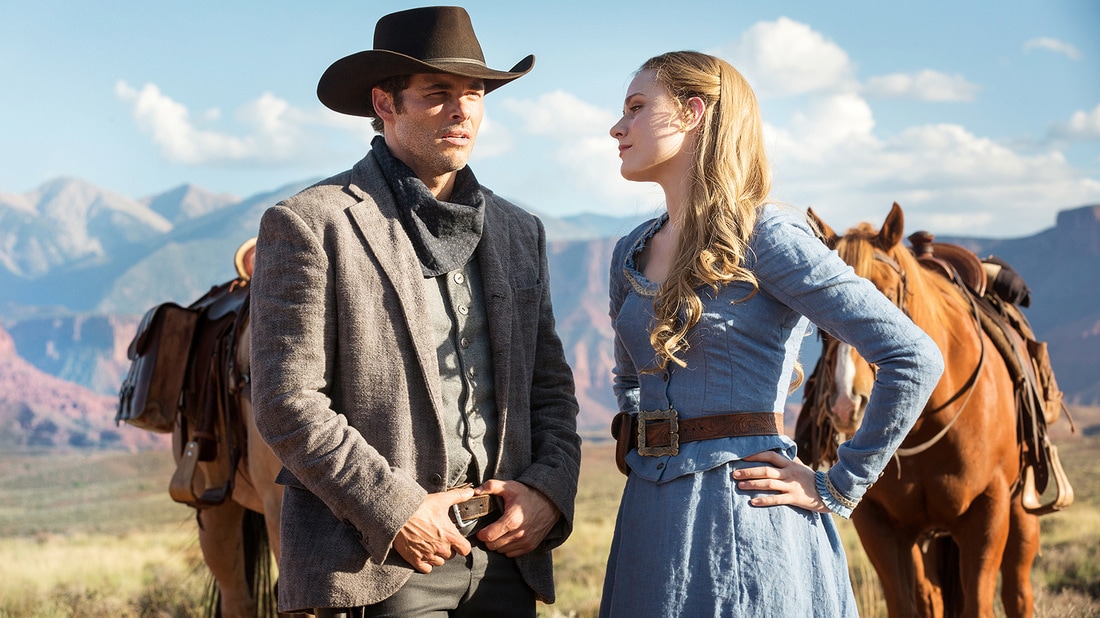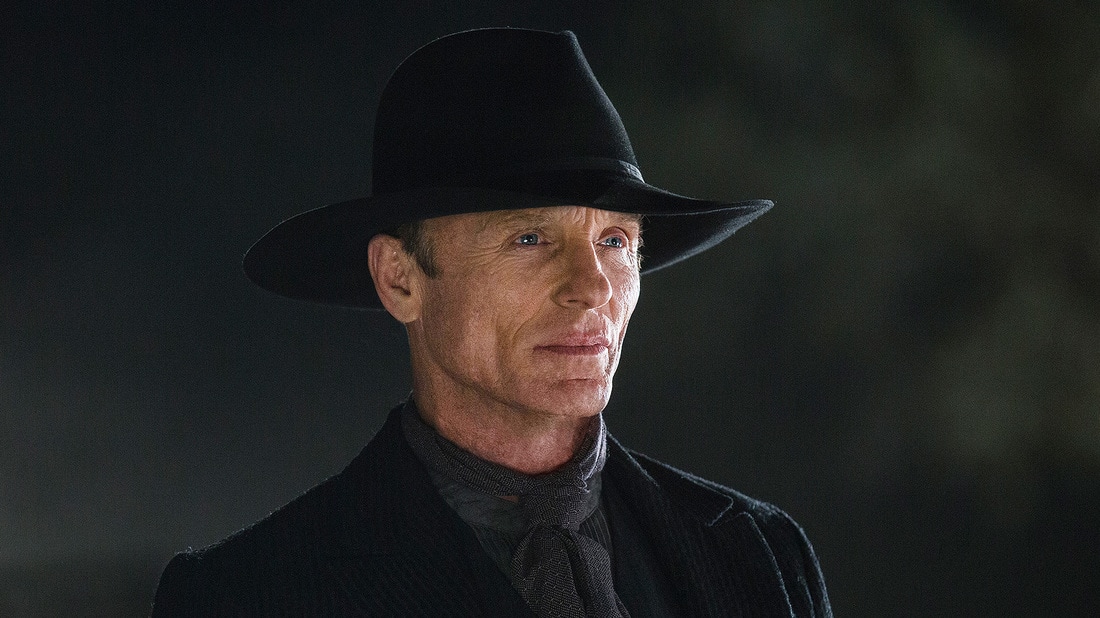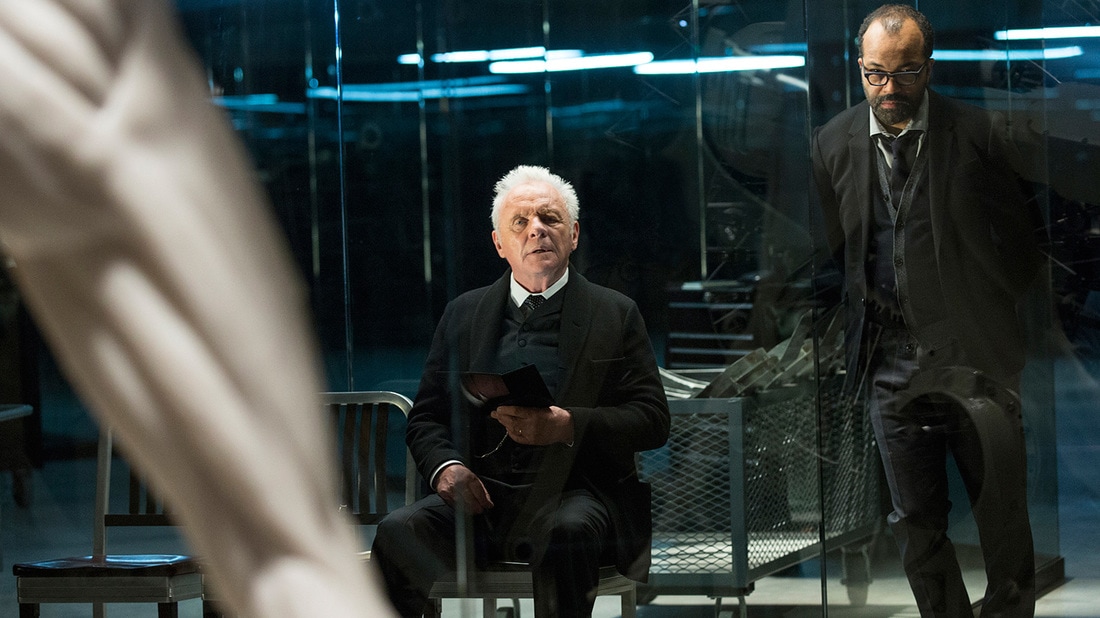
By Nathan Simms
On October 2nd, 2016, Westworld premiered to an audience of 3.3 million multi-platform viewers, according to deadline.com. The HBO show explores many of the same ethical and philosophical questions that Crichton’s film presents; however, it goes much farther in showing the darkest fantasies of the clientele, depicting gratuitous violence and full frontal nudity, all within the first minutes of the pilot. To accommodate the every whim of the visitors to Westworld, the androids’ memories are wiped every night as they are repaired after the carnage of the day. The deletion of their memories turns out to not be a full-proof strategy and the androids, “hosts”, begin to remember the atrocities that are regularly committed against them. As Charlie Jane Anders of Wired said to summarize the show, “You can only have unlimited freedom if someone else has none at all.”
In addition to the corporate figureheads of Delos, the long form nature of television also provides an extended exploration of the philosophical issues that the original movie proposed. In the beginning minutes of the pilot episode, there is a scene that implies sexual violence against a female character. The following day, her memory has been wiped and there is no recollection of the horrors committed the night before. This opens up a number of questions on what it means to be human and the nature of the elites who are paying exorbitant amounts of money to visit. First is the question of what it means to be human. As the oldest host in the park, Dolores still has a metal interior body, but is still able to bleed. All other hosts are made in the glass rooms that are shown in Delos’ headquarters. These hosts are created using artificial muscles in what are basically large 3D printers. When the manufacturing process is done, these hosts are identical to humans. They have their own fingerprints, they eat, bleed, create waste, and attempt to breath. This is what makes the show disturbing, that the visitors to the park would commit atrocities that feel real. Although the visitors understand that the hosts are just glorified computers, in the moment it is virtually impossible to tell that their insides are created by machines. When the elites who visit kill, rape, and plunder, the experience feels very real, which is part of the allure of the theme park itself. The idea is that humans’ actions have no consequence in Westworld, but as the hosts begin to malfunction and think for themselves, the clients of Westworld learn that no crime goes unpunished.
Works Cited
Anders, Charlie Jane. "Can Westworld Do for Science Fiction What Game of Thrones Did for Fantasy?" Wired. Conde Nast, 03 Oct. 2016. Web. 18 Apr. 2017.
Andreeva, Nellie. "‘Westworld’: HBO Drama Off To Strong Start In Multiplatform Premiere Ratings." Deadline. Penske Business Media, LLC, 03 Oct. 2016. Web. 18 Apr. 2017.




 RSS Feed
RSS Feed
